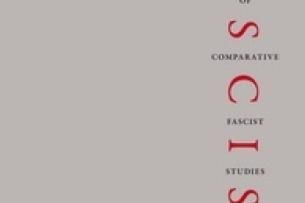Filter & Sort
Questioning Clay Shirky
It's time to start challenging the popular critique of higher education -- and the way the views of many academics have been belittled or ignored, writes Aaron Bady.
Making Higher Education Work
Quick: What percentage of employers believes that the graduates of post-secondary education they hired in the past year have been adequately prepared for the job market?
Language, Tax Status, and Education
The language we use matters when discussing the various players in the education ecosystem. Labels are never neutral, but rather carry with them a history of judgments, debates, and conclusions.
Motherhood after tenure: waking up from Twilight
Tonight I watched the last installment of the Twilight films. Over the past four years this has become a tradition with the young woman I've been mentoring. She introduced me to the first Twilight film -- which I found surprisingly good -- and then I encouraged her to read the books. These were the first books she really enjoyed and I read them with her. She was a young teenager when we first began and now she's a lovely, mature young woman contemplating marriage.

Opinion
Fascinating Fascism
Analogies to Nazi Germany come cheap -- but not insights into a movement that's still waiting for its chance. Scott McLemee looks at Fascism, a new journal.
Do You Measure Up?
Concluding a series, Kerry Ann Rockquemore suggests three ways to move forward.
In Praise of Female Friendships: Women Professors, Women Students, and Academic Generations
One evening last month, I met up with a small group of young women, and went home feeling uplifted, happy and inspired. These are women I have known for many years, and they are more than dear to me. They are funny, smart, witty and adventurous. We have traveled together, had countless dinner parties together, gossiped, and learned together. The common bond between us (aside from a mutual affinity) is that I was once their professor and they were once my students.
FERPA: Uses and Abuses, Especially in Emergency Notification Systems
In higher education there is no more well-known privacy law than the Family Education Rights Privacy Act, or "FERPA." Established in the 1970s to protect against abuses law enforcement made against students involved in the civil rights and anti-war movements, this early public privacy law fits into type 3 of the five categories I established in earlier blogs.
Pagination
Pagination
- 2280
- /
- 3397